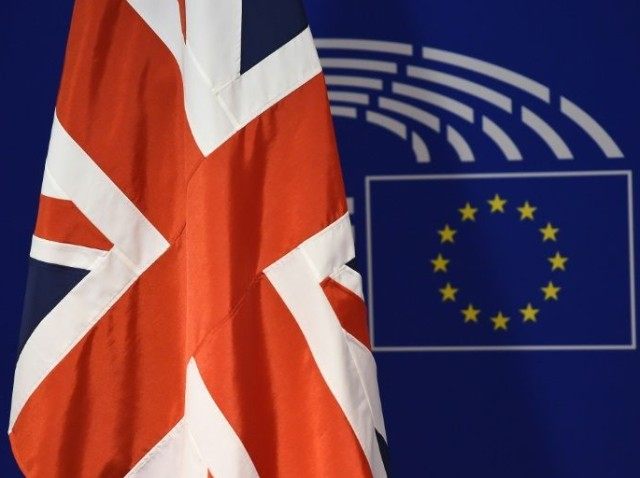One of Britain’s top pollsters has admitted that the European Union (EU) referendum result may not be predicted by the current polling on the issue.
Peter Kellner, the head of YouGov, told a meeting entitled “The Euro Referendum: Will the pollsters get it wrong again?” of his nervousness about the result, compared with what polling companies are currently predicting.
He said: “I am not at all confident that the final average poll will be within 2-3 points of the final poll.”
Professor John Curtice, renowned for his academic work on the Brexit issue, added: “The problem with the EU referendum is that pollsters are trying to estimate accurately something which they haven’t had to [accurately predict] before.”
He said: “You shouldn’t be surprised that the polls are having some difficulty.”
Business Insider notes:
Kellner and Professor Curtice were joined on the panel by The Times data editor Megan Lucero, and Matt Singh, who rose to fame last year as the only pollster who predicted the General Election result correctly.
The panel agreed that one of the major reasons why pollsters are struggling to predict how the vote will turn out next month is that the referendum presents something virtually brand new for them to analyse, with no truly relevant historical information to use as a base.
As Professor Curtis said: “How people voted in last year’s general election is not a good way of predicting how people will vote in this referendum.”
Credit SuisseAn example of the polling trends over the last five polls.
Pollsters are also wrestling with limitations which have made their job difficult in the past, according to the panel. Mainly, that even the most reputable polls — ComRes and YouGov for example — only manage to reach a certain section of society.
“In reality, they (the pollsters) can only reach a small portion of the population,” Kellner said. “People who go online a lot, and people who are actually willing to complete an over-the-phone poll and not just put the phone down.”
Singh, who heads non-partisan statistical analysis group Number Cruncher, agreed with Kellner. He explained: “The methods used by most pollsters can still only reach a certain type of person.”
The latest What The UK Thinks Poll of Polls, based on surveys published over the last two weeks, said that the Leave and Remain campaigns are virtually neck-and-neck with just six weeks to go until the referendum.
Prior to this survey, however, Britain’s most popular polling agencies were releasing very different forecasts of how the vote will turn out. BI has also discussed in the past how flaws in how polls are conducted meant that they should always be treated with a degree of scrutiny.

COMMENTS
Please let us know if you're having issues with commenting.